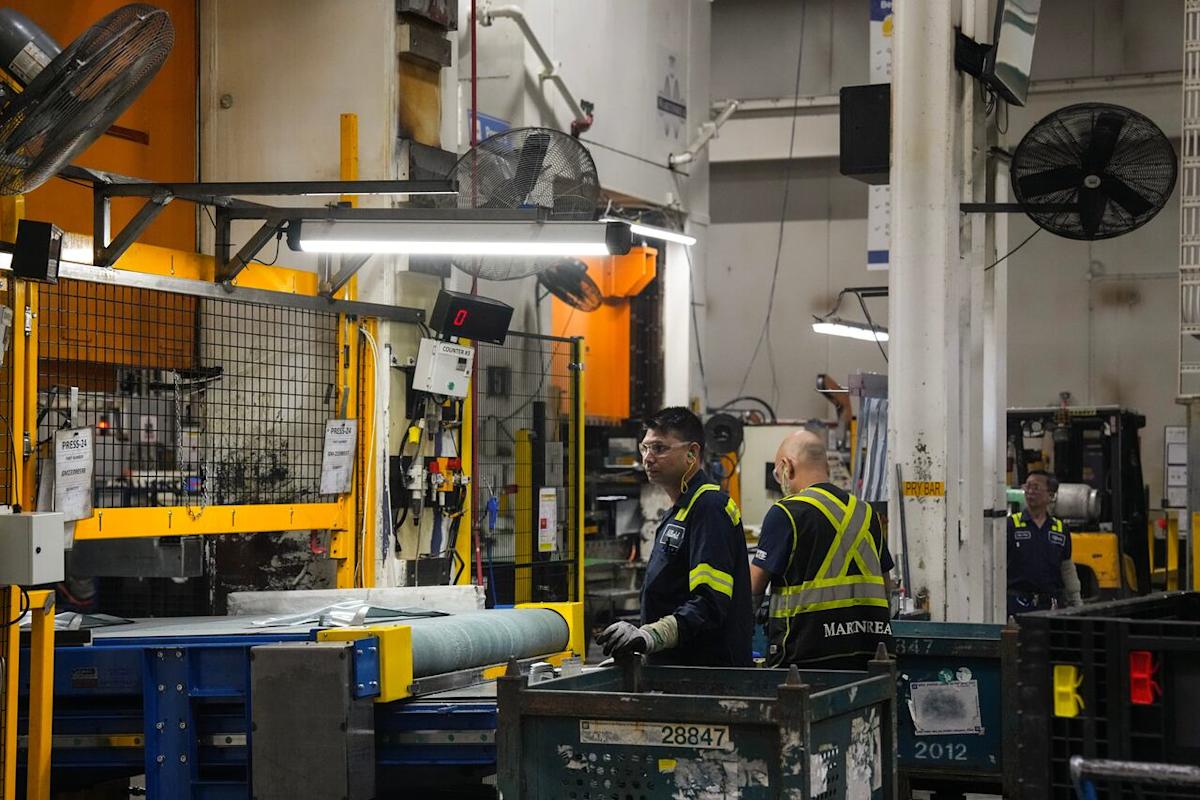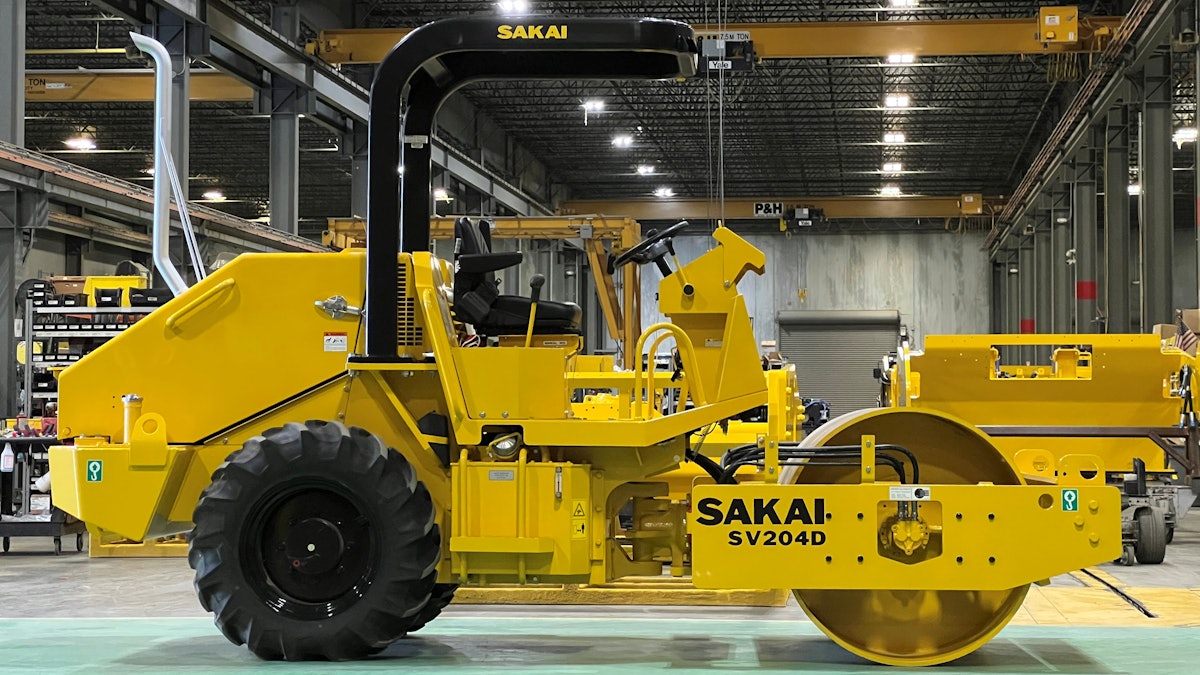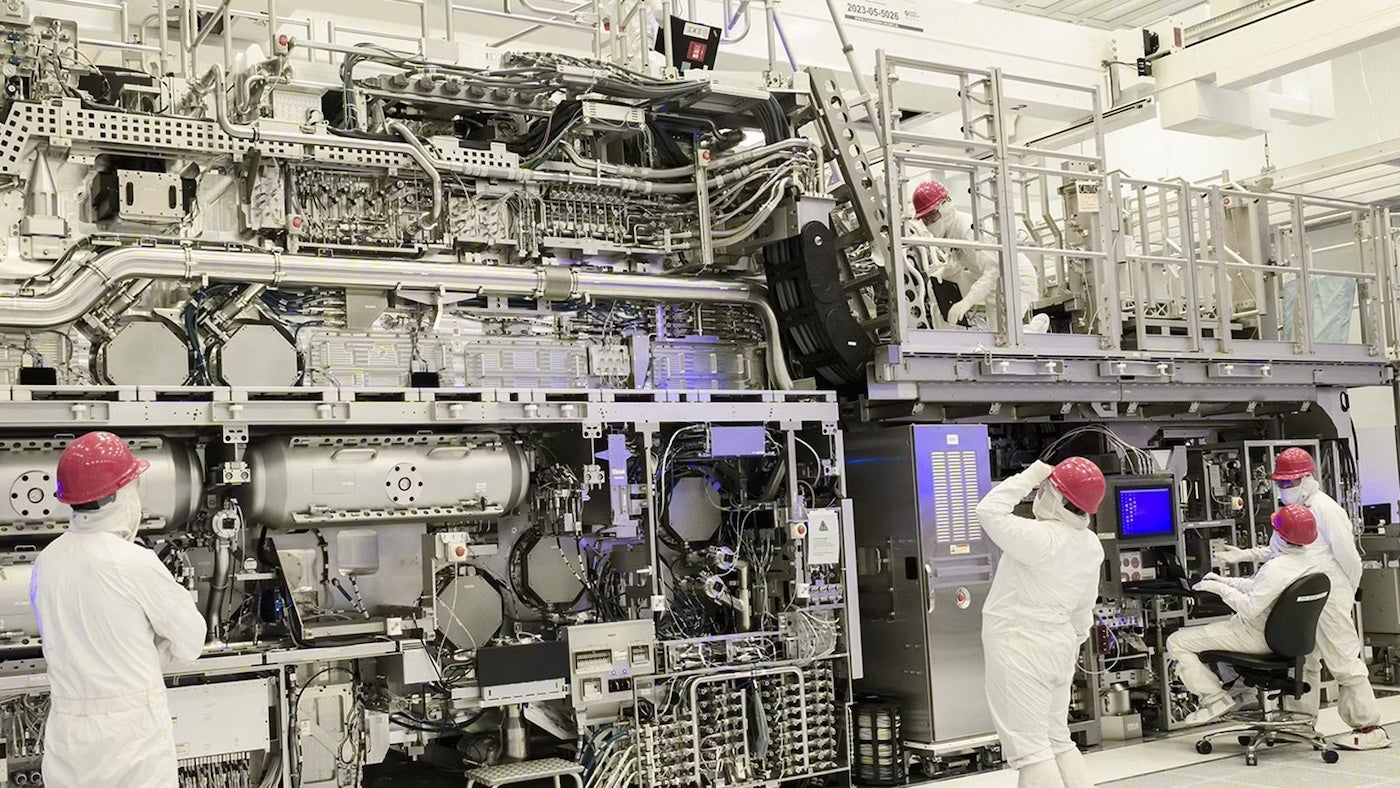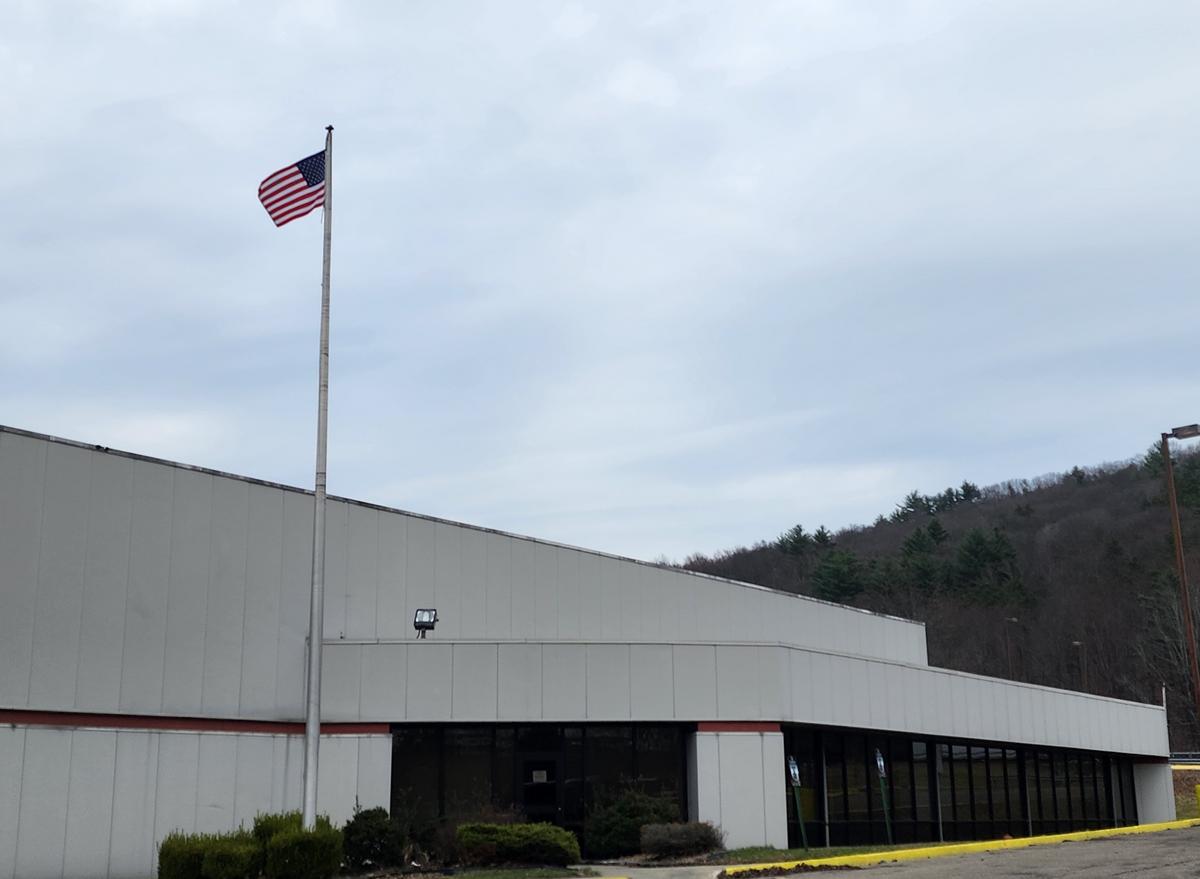Cooling Tech Giant LiquidStack Expands: Texas Gets Second Manufacturing Powerhouse
Manufacturing
2025-03-25 13:00:02Content

LiquidStack Expands Manufacturing Capabilities with New Carrollton Facility
In a strategic move to address the surging demand for advanced cooling technologies, LiquidStack, a pioneering global leader in liquid cooling solutions for data centers, has unveiled its second manufacturing facility in Carrollton, Texas. This significant expansion underscores the company's commitment to innovation and meeting the evolving needs of the rapidly growing data center infrastructure market.
The new state-of-the-art manufacturing facility represents a substantial investment in local production capabilities, positioning LiquidStack to more efficiently serve its expanding customer base. By establishing this additional manufacturing site, the company aims to streamline production, reduce delivery times, and enhance its ability to provide cutting-edge liquid cooling solutions to data centers worldwide.
As digital transformation continues to drive unprecedented growth in data center technologies, LiquidStack's expansion comes at a critical time. The new facility will enable the company to scale its operations, accelerate product development, and maintain its competitive edge in the increasingly complex landscape of data center cooling technologies.
This strategic expansion not only demonstrates LiquidStack's robust growth trajectory but also reinforces its position as an innovative leader in sustainable and efficient cooling solutions for the global technology infrastructure.
Data Center Revolution: LiquidStack Expands Manufacturing Footprint in Texas
In the rapidly evolving landscape of technological infrastructure, cooling solutions have become a critical frontier for data center performance and sustainability. As digital transformation accelerates, companies are seeking innovative approaches to manage heat generation and operational efficiency.Pioneering Liquid Cooling: A Technological Breakthrough in Data Center Management
Strategic Expansion and Market Dynamics
LiquidStack's recent manufacturing facility expansion in Carrollton, Texas represents a significant milestone in the data center cooling technology sector. This strategic move signals the company's robust growth trajectory and anticipation of escalating market demands. By establishing a second manufacturing location, LiquidStack demonstrates its commitment to addressing the increasingly complex thermal management challenges faced by modern data centers. The decision to expand manufacturing capabilities is not merely a logistical enhancement but a calculated response to the exponential growth in computational infrastructure. As cloud computing, artificial intelligence, and edge computing continue to proliferate, the need for advanced cooling technologies becomes paramount. LiquidStack's liquid cooling solutions offer a transformative approach to thermal management, potentially reducing energy consumption and improving overall system reliability.Technological Innovation in Liquid Cooling
Liquid cooling represents a paradigm shift from traditional air-based cooling mechanisms. By directly transferring heat through liquid mediums, these advanced systems can achieve significantly higher thermal efficiency compared to conventional cooling methods. LiquidStack's proprietary technologies enable more precise temperature control, reduced energy expenditure, and enhanced computational performance. The engineering principles behind liquid cooling involve sophisticated heat transfer mechanisms that leverage the superior thermal conductivity of specialized liquid compounds. These systems can effectively dissipate heat from critical electronic components, ensuring optimal operating temperatures and mitigating potential performance degradation.Environmental and Economic Implications
Beyond technological advancement, LiquidStack's expansion carries profound environmental and economic implications. By developing more energy-efficient cooling solutions, the company contributes to reducing the carbon footprint of data center operations. The potential energy savings can be substantial, potentially decreasing electricity consumption by up to 40% compared to traditional cooling infrastructures. Moreover, the economic benefits extend beyond immediate operational cost reductions. Improved thermal management can enhance hardware longevity, reduce maintenance requirements, and enable more compact and densely configured computational environments. This translates to significant long-term financial advantages for data center operators and technology infrastructure providers.Regional Economic Impact
The establishment of a second manufacturing facility in Carrollton, Texas, also underscores the region's growing significance in high-technology manufacturing. By creating local employment opportunities and investing in regional infrastructure, LiquidStack contributes to the economic ecosystem of North Texas, potentially attracting additional technology investments and talent. The facility's location strategically positions LiquidStack to serve the rapidly expanding data center markets in the southwestern United States, providing proximity to major technology hubs and reducing logistical complexities associated with product distribution.Future Outlook and Industry Trends
As computational demands continue to escalate, liquid cooling technologies are poised to become increasingly critical. LiquidStack's expansion reflects a broader industry trend towards more sustainable, efficient, and performance-oriented cooling solutions. The company's investment signals confidence in the continued growth of data center infrastructure and the pivotal role of advanced thermal management technologies. Emerging technologies such as artificial intelligence, quantum computing, and edge computing will likely drive further innovations in cooling methodologies. LiquidStack appears well-positioned to lead this technological evolution, offering cutting-edge solutions that address the most demanding computational environments.RELATED NEWS
Manufacturing

Billionaire's Bet: Why Steve Cohen Is Bullish on Taiwan Semiconductor
2025-04-08 22:10:36
Manufacturing

Local Manufacturing Giant Transforms Community: Miele Drops Massive $1M Lifeline to County YMCA
2025-04-17 03:22:30
Manufacturing
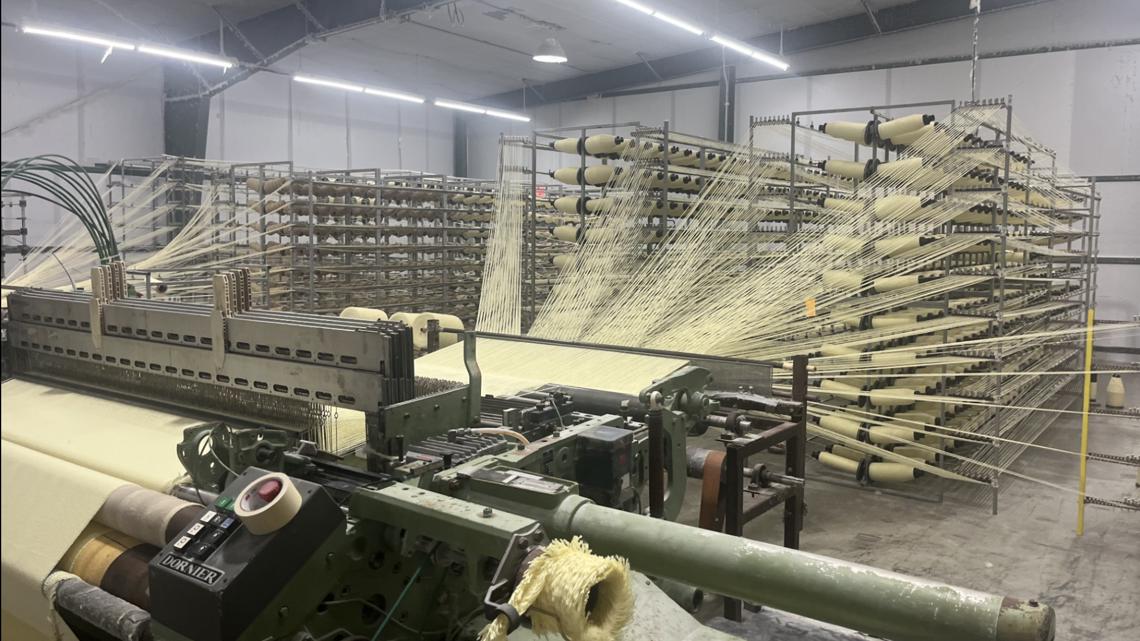
Metal Maker's Bold Move: How One Maine Company Is Turning Tariff Challenges into Growth Opportunity
2025-03-14 22:23:00
